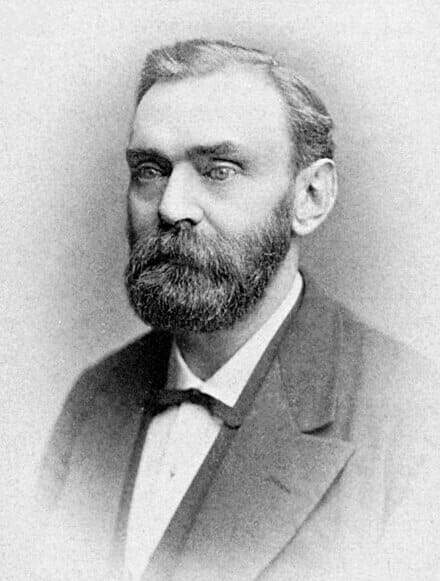The Nobel Prize is a set of prestigious international awards presented annually in recognition of outstanding achievements in several categories, including Physics, Chemistry, Physiology or Medicine, Literature, Peace, and Economic Sciences. The history of the Nobel Prize is both fascinating and significant.
Here’s an overview Nobel Prizes on Hypnotic Evolution:
- Founder: The Nobel Prizes were established in accordance with the will of Alfred Nobel, a Swedish inventor, engineer, scientist, and philanthropist. Alfred Nobel is best known for inventing dynamite, but he held over 350 different patents during his lifetime. He was a man of many interests and talents.
- Motivation: Alfred Nobel’s motivation for creating the Nobel Prizes was influenced by an unfortunate incident. In 1888, Alfred’s brother Ludvig Nobel passed away. A French newspaper mistakenly published Alfred’s obituary instead of Ludvig’s, criticizing him for amassing wealth through the invention of explosives. This incident deeply affected Nobel, and he decided to leave the majority of his fortune to establish the Nobel Prizes to be awarded to those who have made significant contributions to humanity.
- First Nobel Prizes: The first Nobel Prizes were awarded in 1901, five years after Alfred Nobel’s death in 1896. The Nobel Prizes were initially awarded in the fields of Physics, Chemistry, Medicine, Literature, and Peace. The category for Economic Sciences was added later, in 1968, through the support of the Sveriges Riksbank (Sweden’s central bank) in memory of Alfred Nobel.
- Categories: The Nobel Prizes are presented annually in the following categories:
- Physics: For outstanding contributions to the field of physics.
- Chemistry: For outstanding contributions to the field of chemistry.
- Physiology or Medicine: For outstanding contributions to the field of medicine or medical research.
- Literature: For outstanding literary achievements.
- Peace: For efforts to promote peace and resolve conflicts.
- Economic Sciences: For outstanding contributions to the field of economics.
- Selection Committees: Nobel Prize laureates are selected by committees of experts in each respective field. For example, the Nobel Prize in Physics is chosen by the Royal Swedish Academy of Sciences, while the Nobel Peace Prize is selected by the Norwegian Nobel Committee.
- Award Ceremonies: The Nobel Prizes are presented annually on December 10th, the anniversary of Alfred Nobel’s death, in a grand ceremony in Stockholm, Sweden. The Nobel Peace Prize is presented in Oslo, Norway.
- Notable Laureates: Over the years, the Nobel Prize has been awarded to numerous notable individuals and organizations, including iconic figures like Martin Luther King Jr., Albert Einstein, Marie Curie, Nelson Mandela, and Malala Yousafzai, among others.
- Impact: The Nobel Prize is considered one of the most prestigious awards in the world and has a profound impact on the recipients and their respective fields. It often serves to highlight important discoveries and contributions to society.
- Controversies: The Nobel Prizes have not been without controversies, including instances where deserving individuals or achievements were overlooked, as well as instances where the selection process and decisions were criticized.
The Nobel Prize continues to be a symbol of recognition for outstanding contributions to humanity in various fields, and it remains a significant event in the global academic and cultural calendar.







